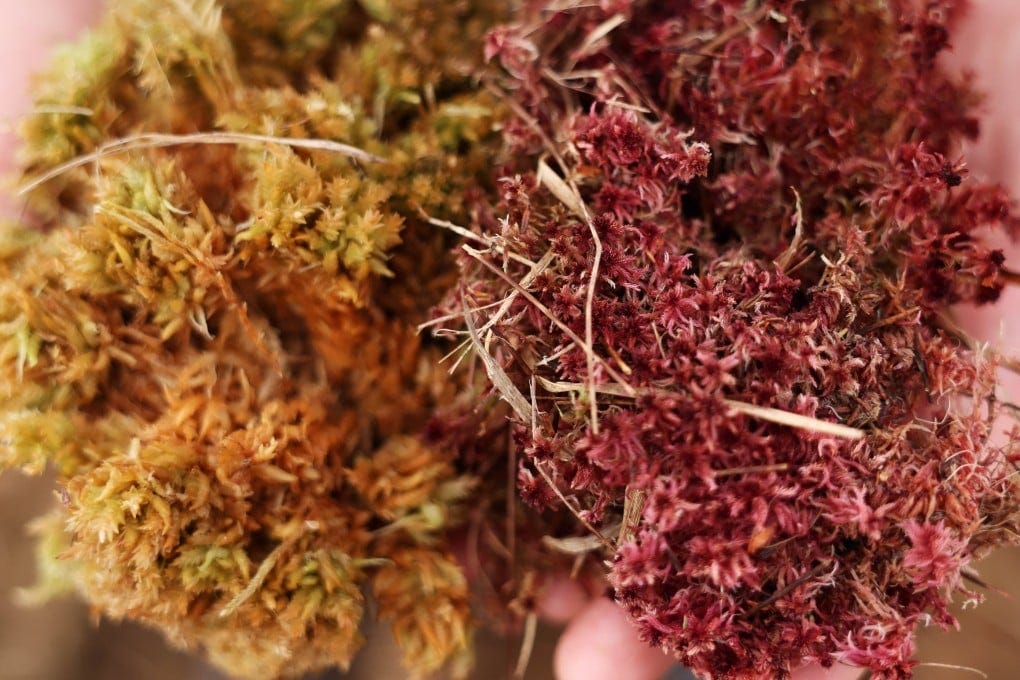China’s innovative solution to tackling toxic and damaging oil spills: ‘urgent priority’
Oil spills present enduring ecological and economic challenges, highlighting the need for efficient and sustainable remediation technologies. Traditional approaches—mechanical skimming, chemical dispersants, and in-situ burning—often suffer from limited efficacy, high costs, and adverse environmental impacts. In response, recent advancements from Chines…


